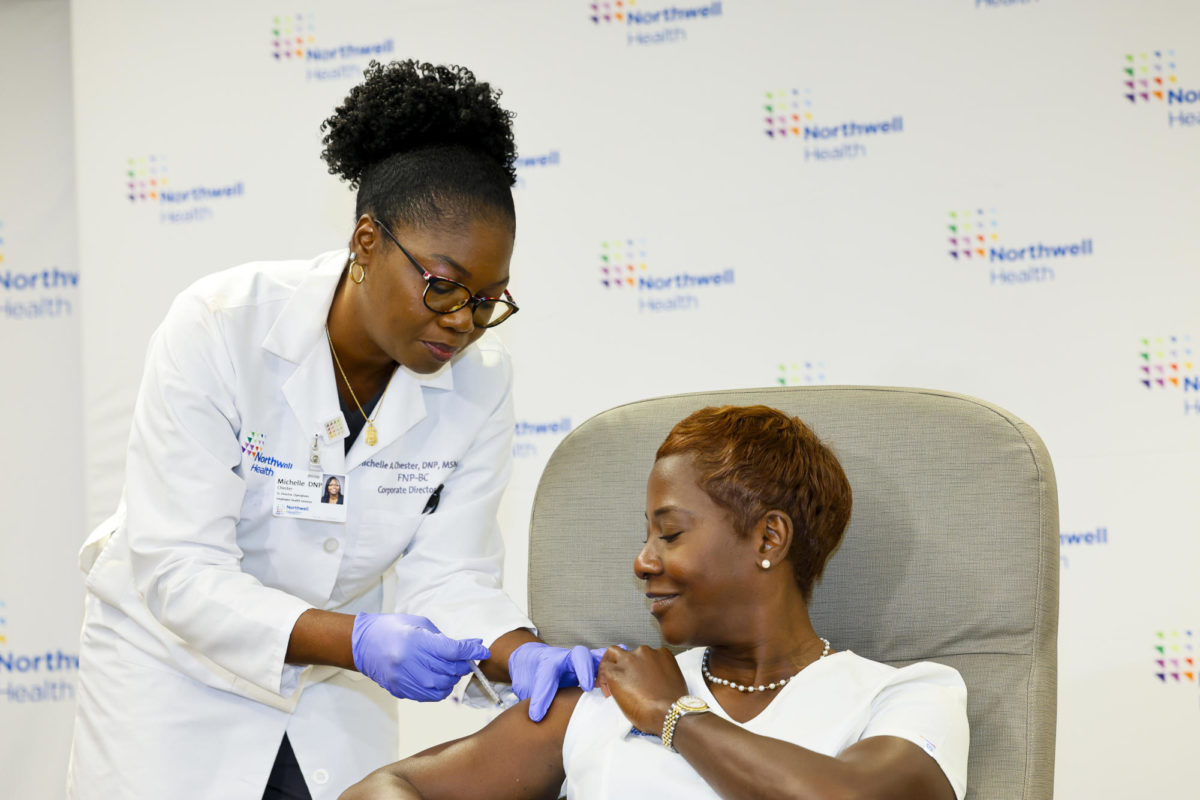TCU has not been spared in the uptick in COVID-19 cases, though still lower than those during the pandemic. Cases were high at the beginning of the school year, said Dr. Jane Torgerson, medical director for TCU. “When school started we saw quite a few, I would say maybe three or four per day for a while,” she said. “But if you think about it, probably a lot more students had it and tested at home.” The uptick in cases comes as the FDA has approved a booster for the fall. On Sept. 11, the FDA approved the new booster, which is now available. This booster is for the XBB.1.5 variant. While the vaccine doesn’t cover the new variant, it is believed to still protect against the new mutation. With this new booster comes new regulations. The CDC released a statement on Tuesday saying everyone six months and older should be able to receive the new vaccine. The CDC also stated that it’s safe to get the flu vaccine and the COVID-19 vaccine at the same time. The national resurgence of COVID hasn’t reached critical levels. Between Aug. 27 and Sept. 2, the most recent time period available, there was an 8.7% increase in COVID-19 hospitalizations nationwide. Texas has also seen an increase, according to the COVID-19 Weekly Surveillance Report from the Texas Department of State Health Services. It reported that there was a 3,001 case increase in probable and confirmed new COVID-19 cases. The CDC has approved this year’s COVID-19 booster but also declared that there is a new strand of the virus. The BA.2.86 variant has the ability to infect people who have already had COVID-19 and those who are vaccinated for the disease. In an interview with the Associated Press, Shandy Dearth, the director of the Center for Public Health Practice at the Richard M. Fairbanks School of Public Health at IU Indianapolis said, “Mutations are normal. This is what viruses do, this is expected, but 36 mutations may seem like a lot, but in the meantime, CDC and other public health officials are taking a closer look to see how this may affect case counts going into the fall. We may learn that this is not a variant of concern.” While most of the new cases are not because of this variant, it is something the public should be aware of. With the flu season approaching and the rise in cases, it poses the question of a “COVID season”. Dr. Torgerson answers that question by saying, “Just like every year with flu, you never know which type of flu it is going to be, so you kind of guess, based on the southern hemisphere and you put those two different strains in the flu vaccine, I think they will do the same thing with COVID. I think it will be a yearly vaccine.” To prevent COVID, follow the same pre-existing measures such as washing your hands, staying home if you are sick, and staying up to date with your vaccines.
Categories:
COVID cases are on the rise again, here is what you need to know
The new XBB.1.5 variant already has a booster ready to fight it off.
By Caroline Denning, Staff Writer
Published Sep 14, 2023
Lee S. Weissman
Dr. Michelle Chester, senior director of Employee Health Services at Northwell Health, administers the 2023-24 Pfizer COVID-19 vaccine to Nurse Sandra Lindsay. (Northwell Health)
More to Discover







